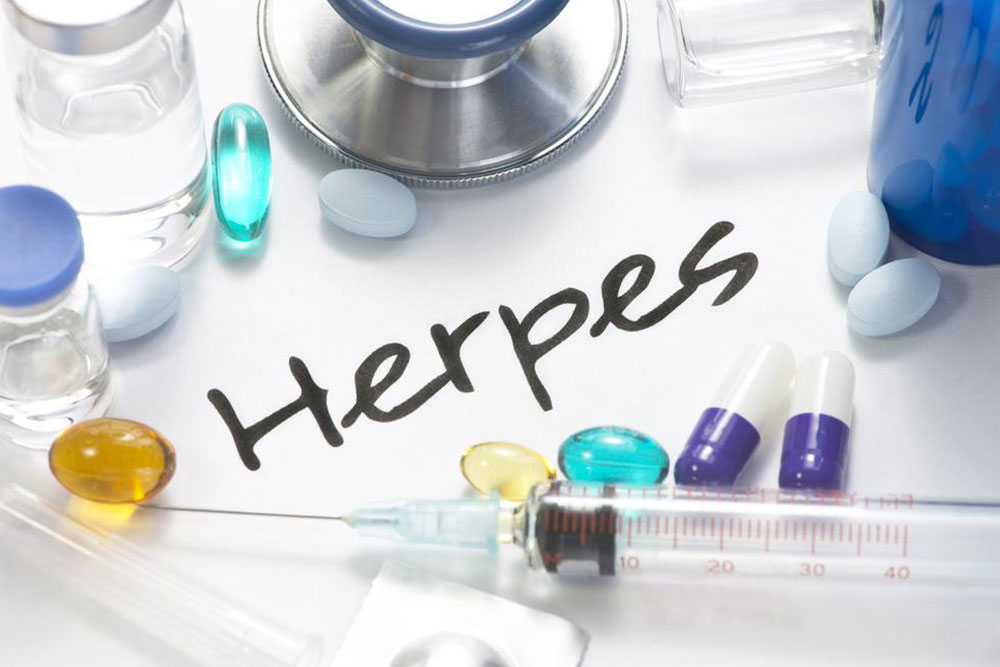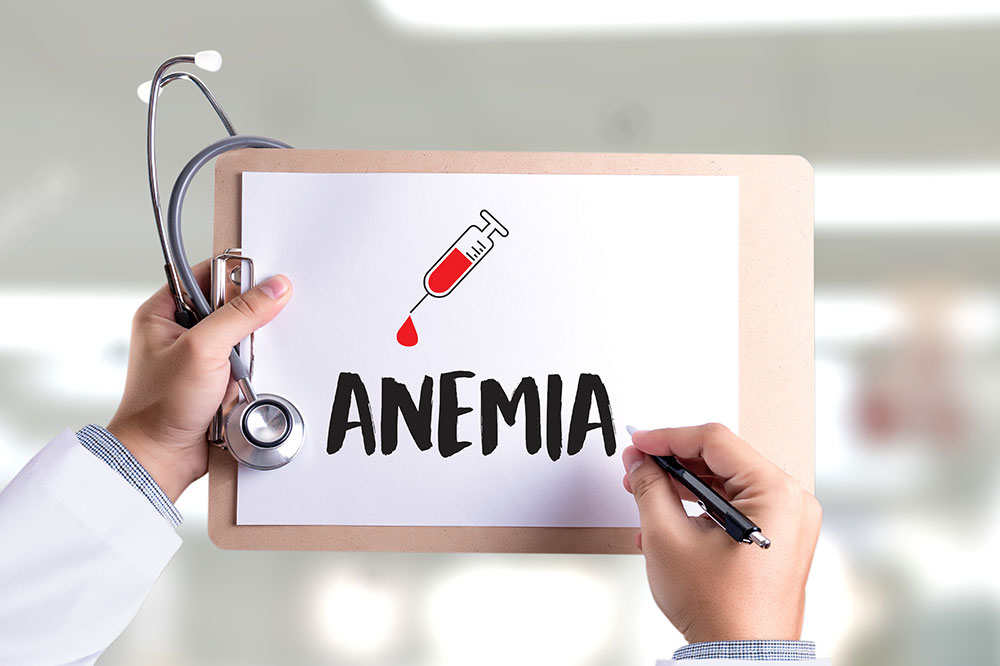Common Sexually Transmitted Infections and Their Signs
This article provides an overview of common sexually transmitted infections, highlighting their symptoms, causes, and risk factors. Recognizing signs early through regular screening can facilitate prompt treatment and prevent complications. Understand the key symptoms associated with STIs like chlamydia, gonorrhea, trichomoniasis, and HIV for better health awareness.

Common Sexually Transmitted Infections and Their Signs
Sexually transmitted infections (STIs) are primarily transmitted through sexual contact, caused by bacteria, viruses, or parasites. They can also spread through non-sexual means such as blood transfusions or sharing needles. Symptoms vary widely; some individuals show no signs at all, making early detection challenging. This article highlights several prevalent STIs and their characteristic symptoms.
Signs and Symptoms
Many STIs may present symptoms or remain silent. The severity and presence of signs depend on the specific infection.
Below are some notable STIs and their typical indicators:
Chlamydia
Caused by bacteria, chlamydia affects the reproductive organs. Symptoms often appear weeks after exposure, including painful urination, abdominal discomfort, penile discharge, painful intercourse in women, and testicular pain.
Gonorrhea
This bacterial infection can target the genital area, mouth, eyes, throat, and rectum. Symptoms may take days or months to manifest and include abnormal discharge, burning during urination, heavy periods, swollen testes, rectal pain, or itching.
Trichomoniasis
Caused by a parasite, trichomoniasis may be asymptomatic but can cause symptoms like abnormal vaginal or penile discharge, foul odor, irritation, itching, pain during sex, and painful urination, often developing within a month of infection.
HIV
This life-threatening viral infection weakens the immune system. Early stages often lack symptoms but may include fever, sore throat, swollen glands, rashes, and fatigue. Advanced stages can cause weight loss, persistent cough, diarrhea, and breathing issues. Early testing is crucial for diagnosis and management.
Causes
STIs originate from viruses like HIV and human papillomavirus, bacteria such as gonorrhea and syphilis, and parasites like trichomoniasis. Some infections can also occur without sexual contact, through contaminated food or blood products.
Risk Factors
Risk factors include unprotected sex, multiple sexual partners, prior STIs, sharing needles, or transfusions. Routine screening is essential as many STIs do not show early symptoms, promoting early detection and treatment.
Important Notice:
This information is intended for educational purposes only. It should not replace professional medical advice. Always consult healthcare professionals for diagnosis and treatment.










